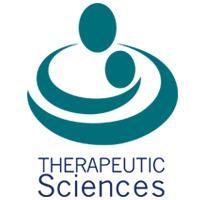Research Areas
Research Diversity - Open for Innovation - Driven by Science - Shaping the Future
Research in the pharmaceutical sciences may focus on a particular discipline. Our research encompasses key areas of the pharmaceutical sciences and pharmacology research value chain. Many projects are underway by our experts whose work has attracted significant research grant support and awards from the university, government and pharmaceutical industry. These grants provide not only the funding for laboratory consumables and equipment but also stipends and tuition fees for our postdoctoral fellows and postgraduates exposed to cutting-edge research.
Did You Know?
- We work with experts in allied research disciplines (Engineering, Molecular Biology, Biomaterials)
- We are leaders in training and mentoring pharmacy postdocs and postgraduates in South Africa
- We are a major contributor to ISI-accredited pharmaceutical research publications in South Africa
- We are always open for innovation to strengthen links with other experts for long-term partnership
- We collaborate with top researchers at universities and research institutes on every continent
- We are ranked #1 by subject in the QS Global Rankings of all pharmacy schools in South Africa
- We present research regularly at peer-reviewed conferences with our students for career boosting
- We provide research-led education and contribute to the health sector by pharmaceutical innovation
- We are involved and committed to diverse research in the area of pharmacy and pharmacology






